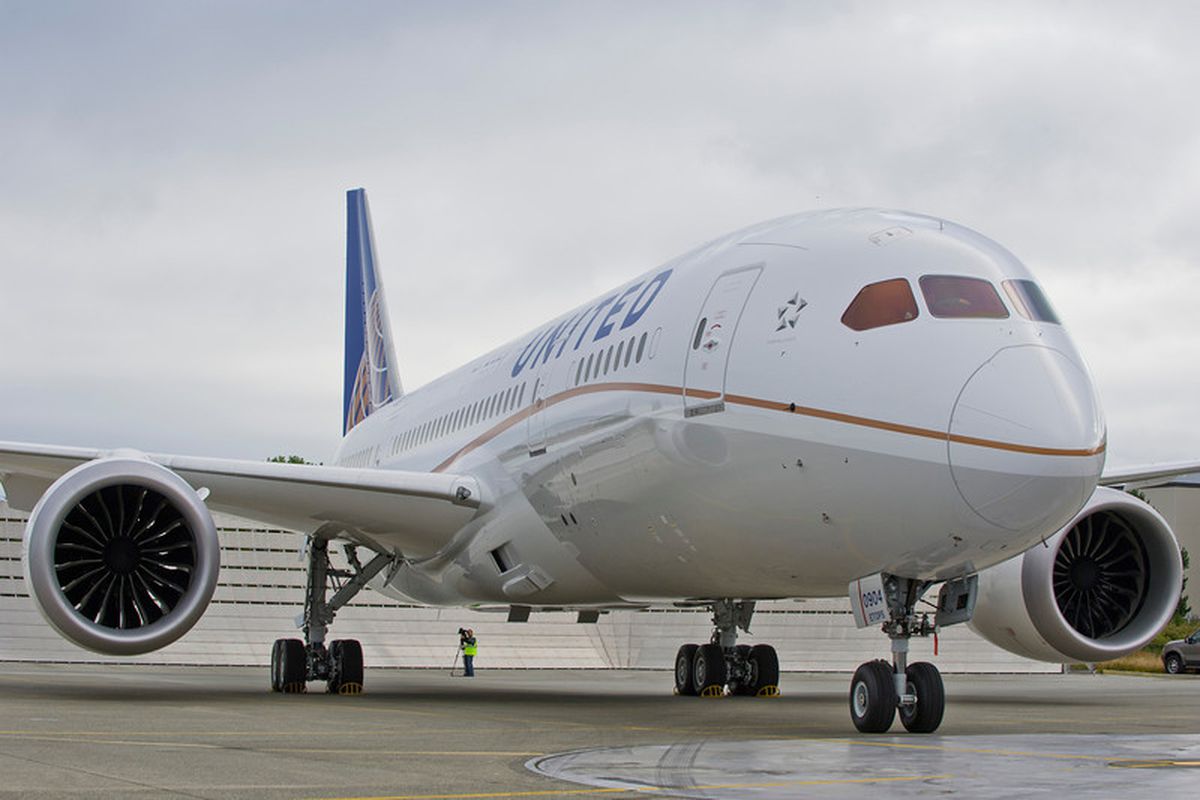Southwest Airlines revealed concerns about softer August leisure bookings and joined two other major US airlines in issuing warnings regarding higher fuel costs anticipated in the third quarter due to a surge in crude oil prices.
The largest domestic carrier in the United States reported that August bookings fell within the lower end of its expectations, citing seasonal trends as one of the contributing factors. Nevertheless, the airline emphasized that overall leisure demand and yields remain robust.
In premarket trading, shares of Southwest declined by 4% before partially recovering to close down 2.6% at $29.97.
This announcement comes at a time when early indications suggest a weakening in domestic travel demand, with rising inflationary pressures impacting consumers. Meanwhile, airlines are facing challenges in retaining workers due to costly labor contracts.
United Airlines and Alaska Air Group have also voiced concerns about elevated fuel expenses in the current quarter, as crude oil prices recorded a third consecutive monthly increase in August, signaling a tightening supply.
In a regulatory filing, United Airlines noted that jet fuel prices have surged by over 20% since mid-July.
Regarding recent speculation, Southwest Airlines confirmed that it has no immediate plans to relocate its headquarters from Chicago to Denver, despite the purchase of 113 acres of land in Denver. The airline’s Finance Chief, Gerald Laderman, conveyed during the TD Cowen Transportation Conference that the primary focus is on expanding the flight training center in Denver.
Lower expectations
While Southwest maintains its outlook for a “solid (third-quarter) profit,” the airline has revised its expectations for revenue per available seat mile, a key indicator of pricing power, to a projected decline of 5% to 7%. This revision is compared to the previous forecast of a decline ranging from 3% to 7%.
Alaska Air anticipates a quarterly adjusted pre-tax margin of 10% to 12%, which is lower than the previously anticipated range of 14% to 16%.
It is important to note that most US airlines do not typically hedge against fuel costs, making them susceptible to the fluctuations in fuel prices.
Citi Research analyst Stephen Trent remarked, “The relatively quick up move in fuel has given the industry little time to respond through fares.”
[Keywords: Southwest Airlines, United Airlines, jet fuel costs, crude oil prices, domestic travel, labor contracts, revenue, headquarters relocation]



 News3 days ago
News3 days ago


 Leaders3 days ago
Leaders3 days ago


 Shows3 days ago
Shows3 days ago


 News3 days ago
News3 days ago


 Docos5 days ago
Docos5 days ago


 Leaders4 days ago
Leaders4 days ago


 Leaders4 days ago
Leaders4 days ago


 News2 days ago
News2 days ago





